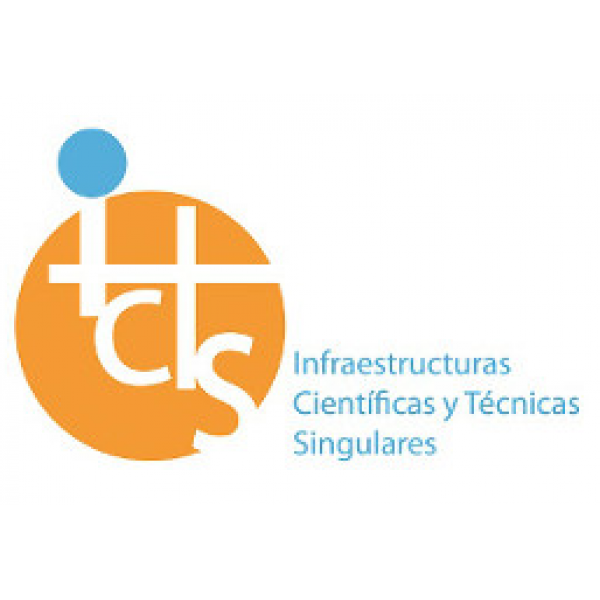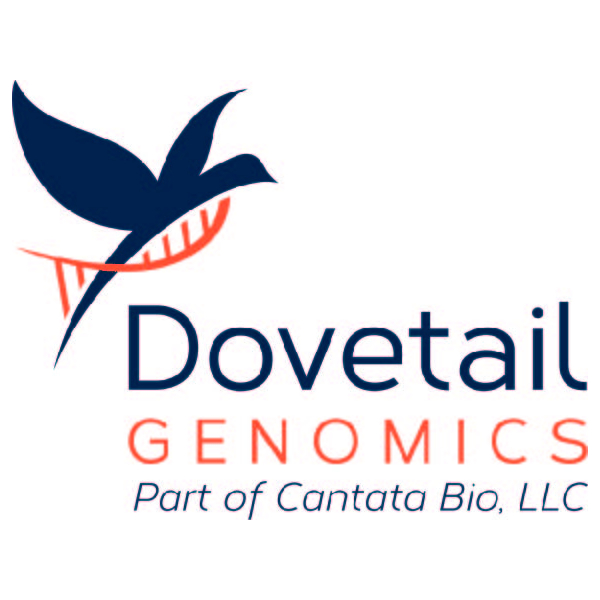
2020 has been a very busy and in the end also a very successful year. It was a year that highlighted the importance of research for society. At the beginning of the year we were honored by a visit of the Spanish Minister of Science and Innovation, Pedro Duque and the Secretary General for Research, Rafael Rodrigo. From April we engaged ourselves in the setup, design and operation of the SarsCov2 PCR-testing platform ORFEU. This was an entirely new challenge that allowed us to build on our expertise in running high-throughput processes, process tracking, analytics and display. Meanwhile, we continued to run and support research projects that rely on high-throughput sequencing and analysis.
Clinical Genomics
Through our EASI-Genomics Infrastructure project, we were able to turn around a study into the cause of severe Covid-19 disease in young patients in a very short time. This study found that interferon and the proteins of its signaling pathway are predictive markers of severity in these individuals. Time from the start of the project to publication in journal Science was 4 months. We also helped develop expression signals that allow the stratification if glioblastoma patients.
Cancer Genomics
2020 saw the culmination of the PanCancer Study of the International Cancer Genome Consortium with 23 publications that were released at the same time. We made significant contributions to several of these articles as well as several follow on publications. This PanCancer study brought together nearly 3000 cancer whole genomes covering 38 types of cancer that were processed homogeneously and analyzed together. This provided an unprecedented degree of resolution of the genome of cancer and allowed insights into a host of aspects of tumor biology.
Single Cell Genomics
The number of single cell studies at the CNAG has exploded. We published a landmark study on benchmarking of different single analysis methods which in a very short time has been adopted by the scientific community as a reference in the field. It was developed as part of our activity in the Human Cell Atlas. Technology-wise we have added simultaneous single cell, transcriptomic, epigenetic and protein analysis. Methods for single cell analysis in situ have also been implemented. Like for all of our processes the laboratory methods are combined with the computational methods to analyze and interpret the results.
Ancient DNA
By studying the genomes of Paleolithic humanoids we were able to determine genes and gene variants that were crucial for the development of our species and now are associated with behavioral disorder, like Attention Deficit Hyperactivity Disorder (ADHD). Traits that gave us an advantage to explore places nobody had been before and try daring feats are no longer considered desirable in our modern society.
Biodiversity
Biodiversity has been a long standing topic at the CNAG and we have developed key expertise in de novo genome assembly and annotation. This year several additional high quality de novo assembled and annotated genomes have been added to our ever extending list. We completed the mussel, the coral Paramuricea Clavata and the mayfly. The insights we have gained are multifaceted and tell us about the evolution of wings of insects and their relationship with the development of gills of certain aquatic insects, effects of climate change on threatened species and how to deal with highly polymorphic genomes.
3-D Genomics and the Genome in Action
This year great progress was made on the analysis of the genome as it is packed in the nucleus. By high resolution imaging we were able to show what parts of chromosomes are interacting with each other to execute a function. This tells the story of how the genome is behaving in different cells at different times and the dynamics of the transitions of states. We determined the difference of the behavior of the nucleus of a healthy and corresponding diseased cell which is particularly relevant for cancer, which is a disease of the genome.
Personalized Medicine
For many years we have developed tools that facilitate the identification of gene variants and mutations responsible for disease. This year we were awarded funding to support the implementation of genomic analysis in Spain through the IMPACT Project by the Instituto de Salud Carlos III. This project gives us the opportunity to branch out our clinical sequencing expertise, genomic analysis tools, and accreditation framework to cover the entire territory of Spain.
This year we continued to attract funding for exciting new projects for training networks - PROTrEIN, breast cancer mechanisms - PeCaN, single cell analysis - PerMedCoe and Espace, artificial intelligence – OrganAId, and personalized medicine - Beyond 1 Million Genomes. These projects will help to further consolidate our mission.
2020 also marked the tenth anniversary since the CNAG-CRG started operations, and although we could not celebrate it due to the pandemic, we cannot be more proud of how our capacity and experience in all types of DNA analysis projects has grown. We have earned the trust of researchers and doctors around the world thanks to the state-of-the-art methods and highly qualified teams of the Sequencing and Bioinformatics Units, who work endlessly to analyze the information encrypted in genomes.











